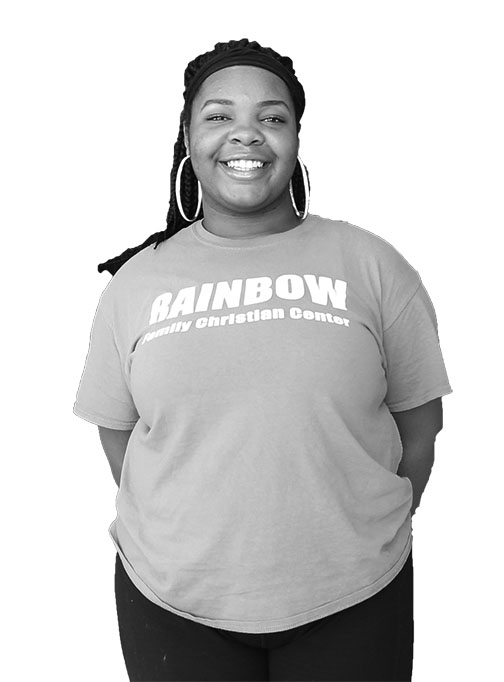It’s Time to Address Cultural Appropriation
April 12, 2018
Social media never fails to remind me, in some way, shape, or form, how people outside of the Black community find ways to adopt Black, African, or Afro-Caribbean culture. Those who do this try to make another’s culture part of their own make it seem new, something that they thought of or, even more frustrating, claim to have “discovered.”
It seems crazy that someone could claim they discovered something that already exists. It reminds me of Christopher Columbus’ “discovery” of America-but that’s a whole other story.
It’s one thing to be in awe of another culture or to feel a sense of value in another’s ethnic background; however, it’s another thing to practically steal from them and try to make part of it your own. This is where the difference between cultural appreciation and cultural appropriation come into play.
Webster’s Dictionary provides three definitions for the word appreciation. Two of the three definitions stand out to me. The first definition of the word is: “feeling or expression of admiration, approval, or gratitude.” The third definition is: “sensitive awareness; especially : recognition of aesthetic values.” Appropriation defined by Google’s search engine dictionary is: “the action of taking something for one’s own use, typically without the owner’s permission.”
When one appreciates something, credit is given to the person or group that is being appreciated or admired. However, when something is appropriated, the credit due to the group that should be appreciated gets snatched from them and the item becomes a lost object, a costume of the thief, meaning people are wearing things they don’t know the depth or actual meaning of because they don’t care to seek the history or background of something they’ve taken.
I’ve learned that in the White culture of appropriation, those who form the dominant culture of a nation love to look down on other races for simply being themselves, for proudly celebrating their culture. On the other hand, dominant culture is all too quick to appropriate parts of that culture when they deem it worthy. Think about it. The dominant culture frowns upon specific music, fashion, behavior, or celebration. Then, when they decide it is worthy, act like that style, that song, that look was not poppin until they made it a new trend. Sickening.
A simple scan of social media reveals this. Behavior from Black or Hispanic people that was once characterized as ratchet or classless becomes glorified when it is accepted by larger society. This is the epitome of contradiction and exemplifies the appreciate vs. appropriate issue.
This is why people of color get mad and irritated when their culture is snatched from them and glorified on television, on social media, or in magazines as something new. It irks one’s soul because they are highlighting something that was once demonized or looked down upon because it was associated with another group – the group that created it, the culture that fostered it. Come on people – find your own styles or learn that you cannot both glorify and hate something at the same time.













































